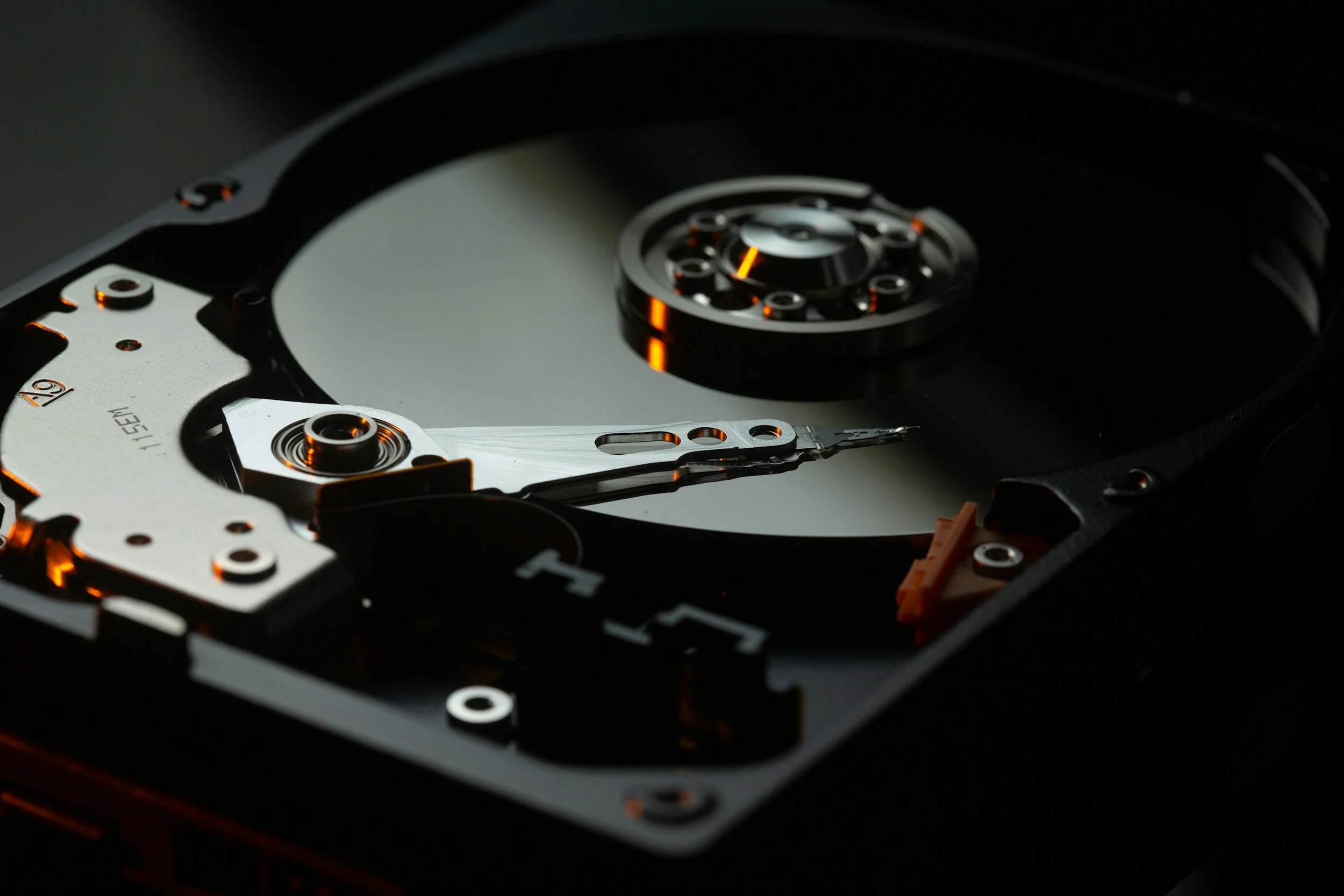The Dawn of the Interconnected: Exploring the Internet of Things Society
The Internet of Things (IoT) envisions a world where everyday objects – from household appliances and vehicles to infrastructure and industrial equipment – are embedded with sensors, software, and connectivity, enabling them to collect and exchange data. This intricate web of interconnected "things" promises to fundamentally reshape our society, ushering in an era of unprecedented automation, efficiency, and data-driven decision-making. The IoT society is not a futuristic fantasy but an evolving reality, gradually weaving itself into the fabric of our lives, promising profound changes whilst simultaneously presenting complex challenges.
In an IoT society, the mundane becomes intelligent. Imagine waking up to a smart alarm clock that not only rouses you gently but also communicates with your coffee maker to have a fresh brew ready as you pop out of bed. Your smart fridge monitors its contents, automatically ordering groceries when supplies run low and even suggesting recipes based on available ingredients. As you leave for work in your connected car, it navigates the optimal route based on real-time traffic data, communicates with smart traffic lights to optimise flow, and even parks itself upon arrival. At work, smart sensors in the office building adjust lighting and temperature based on occupancy, whilst industrial machines monitor their own performance, predicting maintenance needs before failures occur. In our cities, smart grids optimise energy distribution, waste management systems alert authorities when bins are full, and environmental sensors monitor air and water quality in real time. Healthcare transforms with wearable devices continuously tracking vital signs, allowing for remote patient monitoring and early detection of health issues.
Transformative Impacts on Our Lives
This pervasive connectivity will bring about significant changes in nearly every facet of our lives. Convenience and automation will become hallmarks of daily routines, freeing up time and mental energy from repetitive tasks. Efficiency and resource optimisation will be enhanced across industries, leading to reduced waste, lower costs, and more sustainable practices. Personalised experiences will become the norm, as devices and services adapt to individual needs and preferences based on collected data. Healthcare will become more proactive and preventative, leading to improved well-being and potentially longer lifespans. Cities will evolve into intelligent ecosystems, offering enhanced services, improved infrastructure management, and a higher quality of life for their inhabitants.
Blockers to the Emergence of the IoT Society
However, the emergence of an IoT society is not without its blockers. Several key challenges need to be addressed to fully realise its potential:
Security and Privacy Concerns
The sheer volume of interconnected devices, each a potential entry point for cyberattacks, creates a vast and complex security landscape. Protecting sensitive data generated by these devices, ranging from personal health information to household routines, is paramount. Breaches in security could lead to identity theft, unauthorised access to homes and vehicles, and even disruptions to critical infrastructure. Ensuring the privacy of individuals in a world where everyday objects are constantly collecting data is another significant hurdle. Establishing clear ethical guidelines and robust regulatory frameworks for data collection, storage, and usage will be crucial to building public trust.
Interoperability and Standardisation
The current IoT landscape is fragmented, with numerous devices and platforms often operating on proprietary protocols and standards. This lack of interoperability hinders seamless communication and data exchange between different devices and systems. For the true potential of the IoT to be unlocked, there needs to be greater collaboration and the development of open standards that allow devices from different manufacturers to work together harmoniously.
Scalability and Infrastructure
Supporting billions, and eventually trillions, of connected devices will require a robust and scalable infrastructure. This includes not only network capacity but also the underlying computing power and data storage capabilities needed to process and analyse the massive amounts of data generated. Efficient management of this vast network and the data it produces will be a significant technological and logistical challenge.
Power Consumption and Sustainability
Many IoT devices are battery-powered, and the need to constantly power and potentially replace batteries for billions of devices raises concerns about energy consumption and environmental impact. Developing more energy-efficient devices and exploring alternative power sources, such as energy harvesting, will be essential for the long-term sustainability of the IoT ecosystem.
Data Management and Analysis
The true value of the IoT lies in the ability to extract meaningful insights from the vast amounts of data collected. Developing sophisticated data analytics tools and algorithms to process, interpret, and act upon this information will be critical. Furthermore, ensuring data quality, accuracy, and accessibility will be essential for effective decision-making.
Digital Divide and Inclusivity
As the IoT increasingly permeates society, it is crucial to ensure that its benefits are accessible to everyone. The potential for a widening digital divide exists if certain populations lack the access, affordability, or digital literacy to participate in the IoT society. Efforts must be made to promote inclusivity and ensure that the advantages of this technological revolution are shared broadly.
Conclusion
In conclusion, the IoT society promises a future brimming with convenience, efficiency, and intelligence. From smart homes and connected vehicles to intelligent industries and smart cities, the potential for positive transformation is immense. However, realising this vision requires careful consideration and proactive solutions to the significant blockers that stand in the way. Addressing concerns around security, privacy, interoperability, scalability, sustainability, data management, and inclusivity will be crucial to ensuring that the internet of things evolves in a way that benefits all of humanity, creating a truly interconnected and intelligent world.







